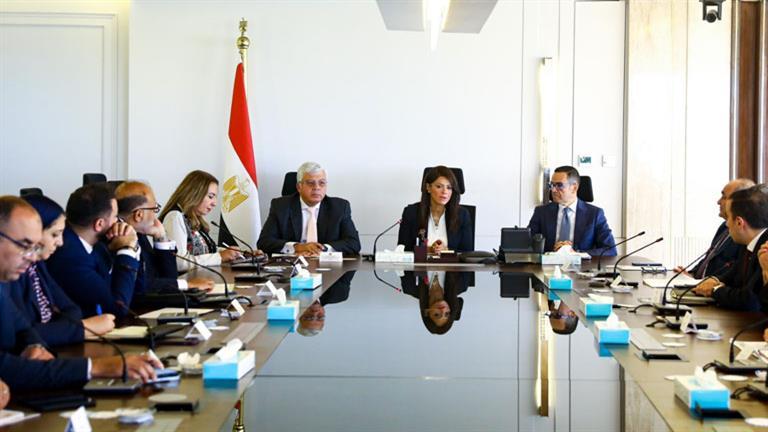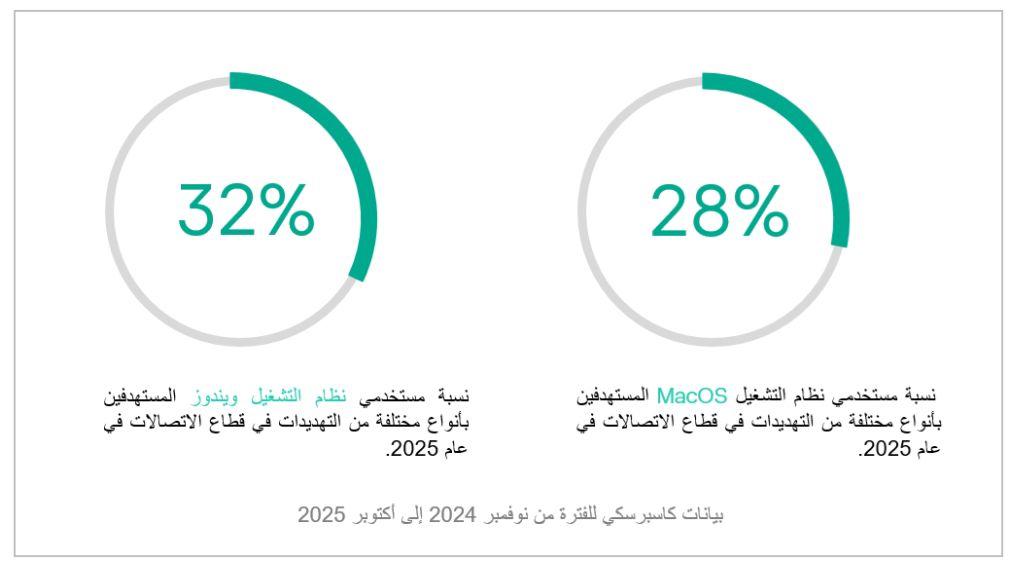By : Bakinam Khaled
H.E. Dr. Rania A. Al-Mashat, Minister of Planning, Economic Development, and International Cooperation, chaired the first meeting of the Entrepreneurship Ministerial Committee, established pursuant to a decision by the Prime Minister. This initiative aims to enhance the capacity of startups and the entrepreneurial environment to achieve sustainable and accelerated economic growth based on competitiveness and knowledge, contributing to the creation of decent job opportunities.
Attendees included Dr. Ayman Ashour, Minister of Higher Education and Scientific Research; Eng. Hassan Al-Khateeb, Minister of Investment and Foreign Trade; Mr. Hossam Heiba, Head of the General Authority for Investment; Dr. Ghada Labib, Deputy Minister of Communications and Information Technology for Institutional Development; Mr. Yasser Sobhi, Deputy Minister of Finance; Mr. Sherif Luqman, Assistant Governor of the Central Bank for Financial Inclusion and Development of Enterprises and Entrepreneurship; Mr. Mohamed Al-Sayyad, Deputy Head of the Financial Supervisory Authority; Ms. Doaa Salima, Executive Director of the Industrial Modernization Center; Mr. Tamer Taha, Advisor to the Minister of Planning, Economic Development, and International Cooperation for Innovation and Entrepreneurship and Head of the Private Sector Participation Unit; and Dr. Ahmed Kamal, Spokesman and Assistant Minister of Supply and Internal Trade for Small and Medium Enterprises.
At the beginning of the meeting, the Minister of Planning, Economic Development, and International Cooperation emphasized the foundational decision of the ministerial committee for entrepreneurship, reflecting governmental interest in supporting the entrepreneurial community. H.E. Dr. Al-Mashat affirmed the group’s commitment to intensive efforts to provide comprehensive support to this vital sector, meet the aspirations of the entrepreneurial community, including startups, investors, and supporting entities, and unify efforts amid the numerous initiatives and programs undertaken by national authorities to foster innovation and provide support to these companies.
H.E. Minister Al-Mashat indicated that the ministerial committee is establishing a new phase of governmental support to create a stimulating business environment for startups and enhance the competitiveness of the Egyptian economy, emphasizing collaboration with the permanent unit for entrepreneurship and startups at the Cabinet and building on its previous efforts to maximize benefits.
H.E. Dr. Al-Mashat emphasized that the work of the ministerial committee for entrepreneurship is in line with the interest of H.E. President Abdel Fattah El-Sisi and his directives to provide all possible support for startups, enhancing their contribution to the Egyptian economy, in addition to implementing the new government program, which prioritizes innovation and empowering startups.
H.E. Minister Al-Mashat highlighted the key challenges and aspirations of the entrepreneurial community, particularly regarding funding gaps and the development of incentives for foreign investors, including tax exemptions to encourage them to invest in startups, and the need to reconsider existing laws and regulations to ensure alignment with international standards and the needs of startups, among other demands.
Additionally, H.E. Dr. Al-Mashat discussed international best practices in entrepreneurship and key methodologies for issuing licenses and regulations in various countries, affirming the importance of leveraging these experiences to overcome challenges faced by the sector.
H.E. Minister Al-Mashat clarified that the technical team at the Ministry of Planning, Economic Development, and International Cooperation has been analyzing a series of diagnostic reports and studies to identify the main challenges facing the startup community in Egypt. This analysis serves as a foundation for ongoing monitoring of the entrepreneurial community's demands and the policies needed to facilitate the access of Egyptian startups to regional and international markets while preserving local skills and harnessing the potential of young Egyptians and their exceptional capacity for innovation, thus enhancing Egypt’s position as a regional hub for startups.
H.E. Dr. Al-Mashat referred to the World Bank report titled "The Middle-Income Trap," which underscores the necessity for lower-middle-income countries to prioritize innovation as a fundamental aspect of economic growth and to reform regulatory frameworks to attract private investment and ensure fair competition, as well as to provide equal opportunities for women and youth to support inclusive growth and sustainable development.
H.E. Minister Al-Mashat affirmed the depth and strength of relations between Egypt and international financing institutions that support startups in Egypt, noting that 42% of venture capital in Egypt comes from international financing institutions. She pointed out that a significant number of Egyptian accelerators also benefit from this funding, particularly those focused on climate and innovation, including those supporting women-led startups and others aimed at green transformation.
H.E. Dr. Al-Mashat also referenced participation in the "RiseUp" summit last May, attended by the Prime Minister, which reflected the state’s interest in this sector and its commitment to listening to all demands and feedback to enhance its growth and development.
For his part, Dr. Ayman Ashour, Minister of Higher Education and Scientific Research, highlighted the role of Egyptian universities in supporting entrepreneurship through university innovation and entrepreneurship centers, as well as collaborations with the private sector to refine students' experiences and develop their skills to meet the demands of the local, regional, and international job markets.
Dr. Ashour presented the efforts of the Innovators Support Fund (ISF) to support innovative and creative students and encourage excellence and creativity, noting the increasing support from Egyptian universities in promoting innovation and creativity, with 43 business incubators across 14 universities and 60 entrepreneurship clubs, in addition to ongoing efforts to transform research into projects and startups that operate in practice.
In the same vein, Mr. Hossam Heiba, Head of the Investment Authority, mentioned the need to unify government efforts to align with the entrepreneurial environment, aiming to support entrepreneurs and harness their potential while establishing guidelines that encourage them to capitalize on developmental opportunities.
The Deputy Minister of Communications and Information Technology presented the efforts made through the "Egypt Innovate" platform, which is fully managed by the private sector, affirming the ministry's commitment to supporting all efforts of the ministerial group for entrepreneurship to promote the development of the startup sector in Egypt.
The Deputy Minister of Finance emphasized the provision of comprehensive support regarding tax incentives for startups, underscoring the paramount importance of innovation and technology in achieving economic growth and overall stability.
The Assistant Governor of the Central Bank of Egypt noted the necessity of maximizing benefits for startups and entrepreneurs, raising awareness within the governmental sector of this role, and analyzing the current situation of the entrepreneurial environment on various levels, pointing out that financing remains one of the main challenges facing the entrepreneurial community in Egypt, necessitating clear and effective strategies.
The committee discussed the proposed regulatory framework for the ministerial group for entrepreneurship at the technical secretariat level, including working groups and the primary tasks of each group. It was also affirmed that national coordination is essential for developing entrepreneurship and innovation initiatives to reduce overlap among various initiatives and programs, enhance resource efficiency, ensure comprehensive support, develop innovative solutions to face challenges, and boost the competitiveness of the Egyptian economy.
The meeting included a presentation of a video featuring the views of several startup founders, investors, supporting entities, and international development partners, who praised the establishment of a ministerial group to support entrepreneurship as a positive indicator and signal both domestically and globally of a distinctive direction from the Egyptian government. This initiative has been a demand from startups and the business community in Egypt to bridge gaps between them and the government and contributes to consolidating efforts that were previously carried out by each ministry individually.













































































